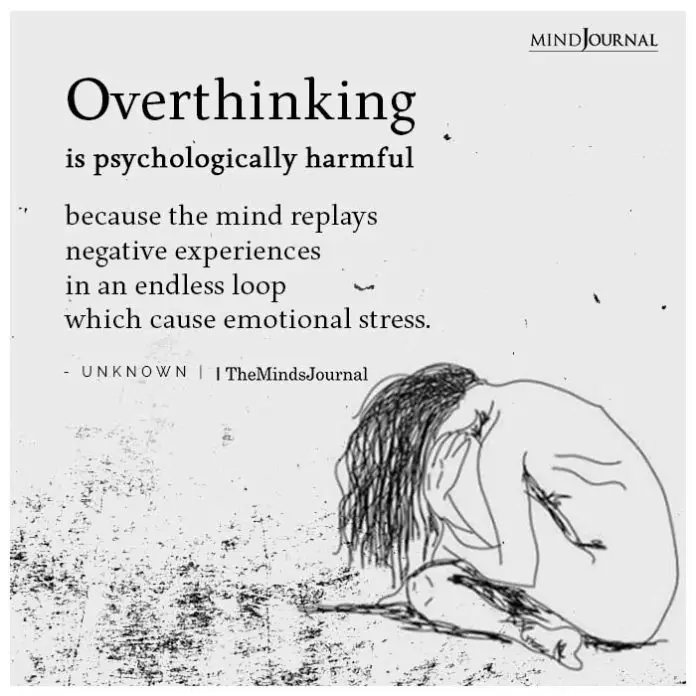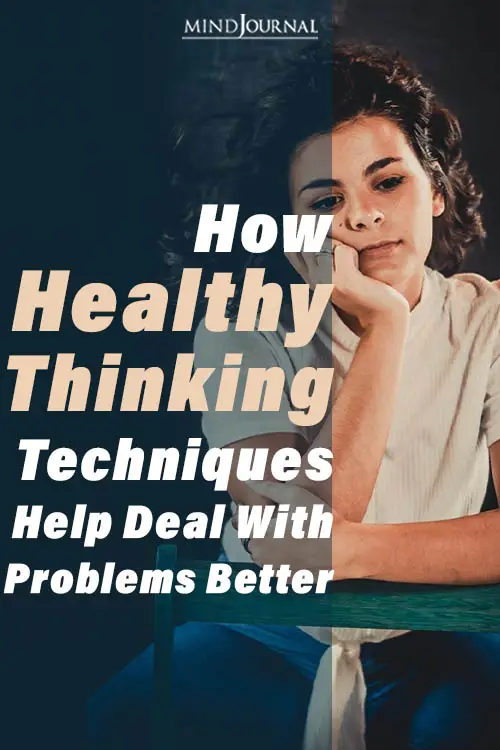How can you solve a problem without thinking about them? Does thinking about problems make them better? It depends on how you think.
Healthy thinking is the solution!
On the TV show The Honeymooners, Ralph Kramden, a bus driver, sees a doctor at work, complaining of stress. The doctor tells him to recite the following:
“Pins and needles, needles and pins
A happy man is a man who grins.”
This is intended to distract him from the source of his stress in the hope that the stress will dissipate.
Harry went to his chiropractor and complained of back spasms. The chiropractor told him that stress caused his back to become misaligned and he needed some adjustments.
Sarah went to her psychiatrist and complained of difficulty sleeping due to stress. He prescribed a sleeping pill to help her sleep.
Jenny told her personal trainer that she was very stressed recently. He suggested that she intensify her workouts and add more aerobics.
In all of these situations, individuals approach health professionals with symptoms of stress and were offered solutions that involved distraction or diversion from thinking about problems or any stressful situation.
Based on these common transactions, one might conclude that thinking about one’s problems must make them worse.
How can you solve your problems without thinking about them?
You can’t.
Does that mean that you have to endure stress at levels that cause symptoms of stress or anxiety? No, it does not.
Healthy Thinking and Unhealthy Thinking
You must be able to differentiate healthy thinking about your problems, such as introspection, from unhealthy thinking, such as rumination.
Introspection – A healthy thinking technique
Introspection is the process of learning about oneself, one’s circumstances, or one’s environment. This is done by examining ourselves and our circumstances from different perspectives. Examples of this type of thinking are analysis, perspective-taking, and exploration. Much like meditation, these types of thinking tend to reduce stress as they feel constructive and are hence empowering. We feel like we are making progress in addressing our problems and begin to feel relief. Here are some applications of this healthy thinking technique:
Analysis.
Analysis. This involves breaking down complex concepts into simpler ones in order to increase understandability.
Jeffrey borrowed his father’s car without permission in order to go to a high school football game with his friends. During the outing, the car was damaged. He returned the car and said nothing to his father.
Related: 8 Effective Ways You Can Cultivate Positive Thinking
But then he began to feel tremendous stress and anxiety. He didn’t know what he would do once his father realized that the car was damaged. Would he come clean? Would he deny that he drove the car? Would he be able to pull off the lie? He just got more and more anxious.
Successful analytic introspection would reveal that he was having many different feelings at the same time and that the different feelings were pushing him in conflicting directions. He felt guilt about taking the car and damaging it.
He felt fear that his father would react aggressively. He felt shame about his poor judgment. He felt sadness that he had let his father down. Once having analyzed the different aspects of his feelings and circumstances, it became clear to him that he should tell his father what happened before he found the damage to the car. He did so and felt relieved, even though his father made him pay for the damages out of his savings.
Related: How Not to Get Sucked Into the Problems of Others: 5 Skills To Practise
Perspective-taking.
Perspective-taking involves looking at the self or the environment from a different perspective. In the example above, Jeffrey might have chosen to look at the situation from his father’s perspective rather than analyzing his own perspective/feelings. This would have led him to see that his father would feel betrayed by Jeffrey if he found out about the car damage in a way other than Jeffrey volunteering the information. This would probably lead him to the same conclusion: He must tell his father.
Exploration.
This involves seeking out new or additional information that adds to or changes the current view of the self or the environment. In the above situation, Jeffrey might inquire as to how much it would cost to repair the damage and when the repair shop would be available to do so. This would help Jeffrey see his culpability from an accurate perspective and understand what is necessary to correct his error. Knowing what he needs to do to make it OK with his father could provide some relief.
Optimal introspection is often achieved through the application of multiple techniques at the same time. Any activity that shines new light on your situation should be considered introspective.

Rumination – Unhealthy thinking technique
Rumination is a process of reviewing thoughts and information repetitively. Thinking about yourself or a situation in the same way over and over again will not likely yield a different result. Rather it is likely to create frustration and a sense of helplessness and hopelessness that will increase your stress. Here are some examples of how Jeffrey might ruminate:
- “I shouldn’t have taken the car. What a fool I am.”
- “He will kill me when he finds out.”
- “I hate being controlled by my parents.”
- “My friends will think I am a jerk.”
Ruminating over thoughts like the ones above will only cause Jeffrey frustration, which will increase his stress. The frustration causes stress and associated discomfort while also making him feel helpless to improve his circumstances. He is stuck reviewing the same material over and over again with no progress.
Defeating rumination begins with identifying it and differentiating it from healthy introspection. When thinking about your difficulties increases your stress, chances are you are ruminating. Refocus your thinking toward the processes of introspection, such as the ones described above. Try to be flexible in your thinking, as you are trying to see things differently from the way they first appear to you.
Related: 10 Ways To Develop Logical Thinking Skills
Refocusing your attention will initially require a lot of effort. As you become more comfortable with introspection, it will become more natural and less effortful. At the same time, your stress levels should decrease as you minimize rumination. It will give you a greater sense of control over your life.
Written by: Daniel S. Lobel, Ph.D.
Originally appeared on Psychology Today
Republished with permission.








